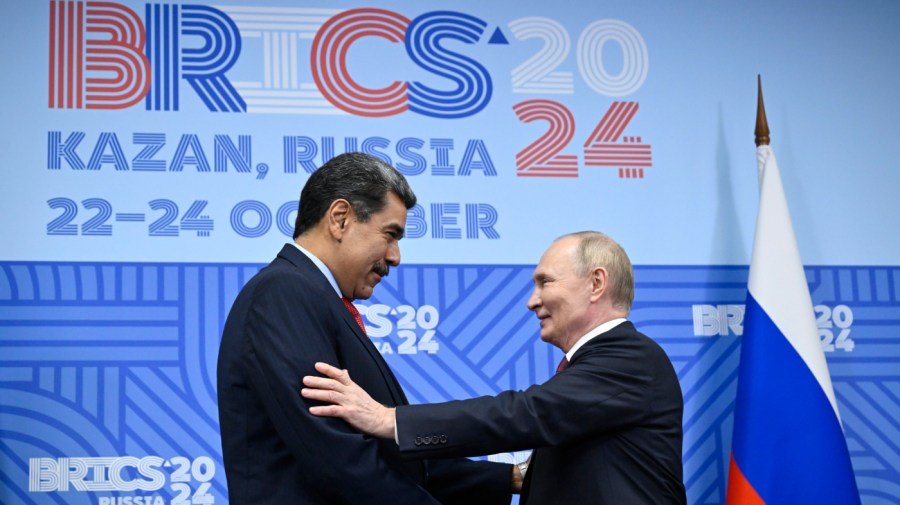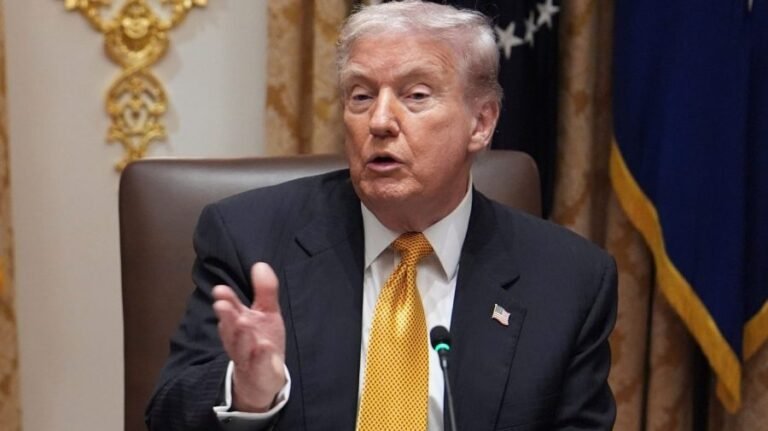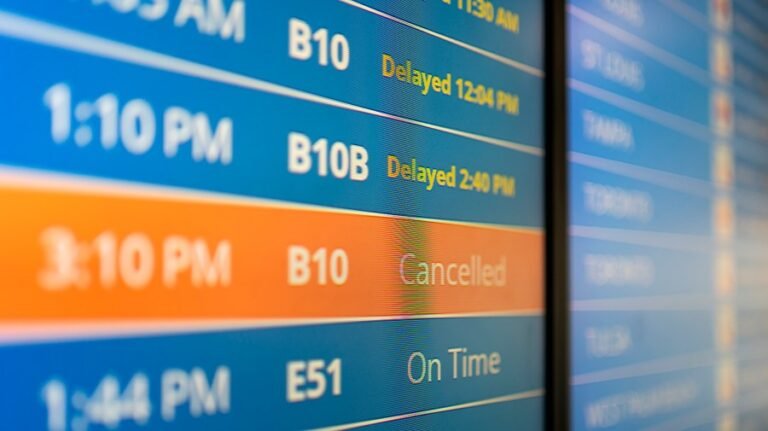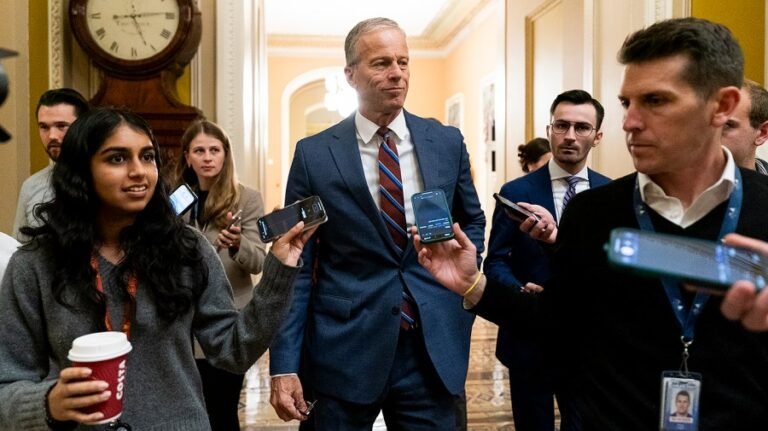
Nicolás Maduro is under immense pressure — cornered, scared, almost down but not done. In this context, he is pleading for military aid from Russia, Iran, and China, while seeking diplomatic cover from Qatar.
Once again, the tyrant of Miraflores is playing his cards in the face of an intimidating and inevitable end.
President Trump has taken the war on drugs to the next level. More than 15 kinetic strikes, 64 drug traffickers killed, 16 boats destroyed and the largest naval deployment since Operation Just Cause, which ousted Panamanian narco-dictator Manuel Noriega. The threat of powerful drug cartels requires a powerful and unprecedented response.
Faced with the inevitable, Maduro has sought support in Qatar as well. Doha has played a leading role in the Gaza-Israel peace agreement and the peace accords between Congo and Rwanda.
For several weeks, Qatar has also tried to mediate between Maduro and the Trump administration. But on Sunday, Qatari Prime Minister Mohammed bin Abdulrahman Al Thani announced that conditions are not right to mediate between the U.S. and Venezuela.
“Unfortunately, the events these days are not providing the right conditions for the mediation. But we believe one day conditions will allow us to bring the U.S. and Venezuela on the table and find a solution,” Al Thani said in an interview with U.S journalist Fareed Zakaria.
Iran has not announced an answer to Maudro’s request for GPS scramblers or drones with a thousand-kilometer range. In the good old days, the ayatollahs provided strong support for the Venezuelan military, but those days have been over since Operation Midnight Hammer. Tehran now has very limited resources and they are allocated for its own protection and survival.
The Persian regime has sent an artillery of press releases in favor of Maduro. Just that. It bluntly condemned U.S. military incursions against Venezuela, calling it “a violation of international peace and security” that goes against the United Nations Charter.
China has also issued strong rhetoric on the Venezuelan situation, but the communist regime is not going to jeopardize its trade negotiations with the U.S. for a tropical dictator whose days are numbered.
Likewise, Russia has been very vocal expressing solidarity with the Venezuelan regime: “We stand ready to respond appropriately to the requests of our partners in light of emerging threats.” Those are the words of a nuclear superpower that has reportedly hired mercenaries in a desperate attempt to finish its endless invasion of Ukraine.
These are desperate measures. Maduro’s cry for help to Iran, Russia, China, and Qatar makes it clear that the despot is isolated and alienated. No one will engage in an unnecessary confrontation with Trump’s U.S. The risk is high, the outcome uncertain and the reward far too low.
Maduro has already lost this war, and he knows it. Last September, the regime tried to project an image of strength by organizing three days of military exercises, showcasing its Russian Su-30 fighter jets and some missiles of dubious capabilities. But according to the Miami Herald, Venezuela’s military defense and attack equipment is largely obsolete or in poor shape.
The arrival of the Gerald Ford Strike Group near the coasts of Venezuela, the most lethal and loaded aircraft carrier in the world, marks the kickoff of a large-scale operation that could start very soon. Perhaps for this reason, Trump has made it clear that Maduro’s days are numbered.
Venezuela is ready for the day after Maduro. The Latin American country is not Afghanistan or Libya. In Venezuela, there is a president-elect (Edmundo Gonzalez) and a unifying leader (Nobel Prize Winner Maria Corina Machado).
Venezuela is ready to rebuild its economy, restore democracy and renew hope for a brighter and better future.
Arturo McFields is an exiled journalist, former Nicaraguan ambassador to the Organization of American States, and a former member of the Norwegian Peace Corps. He is an alumnus of the National Defense University’s Security and Defense Seminar and the Harvard Leadership course.


